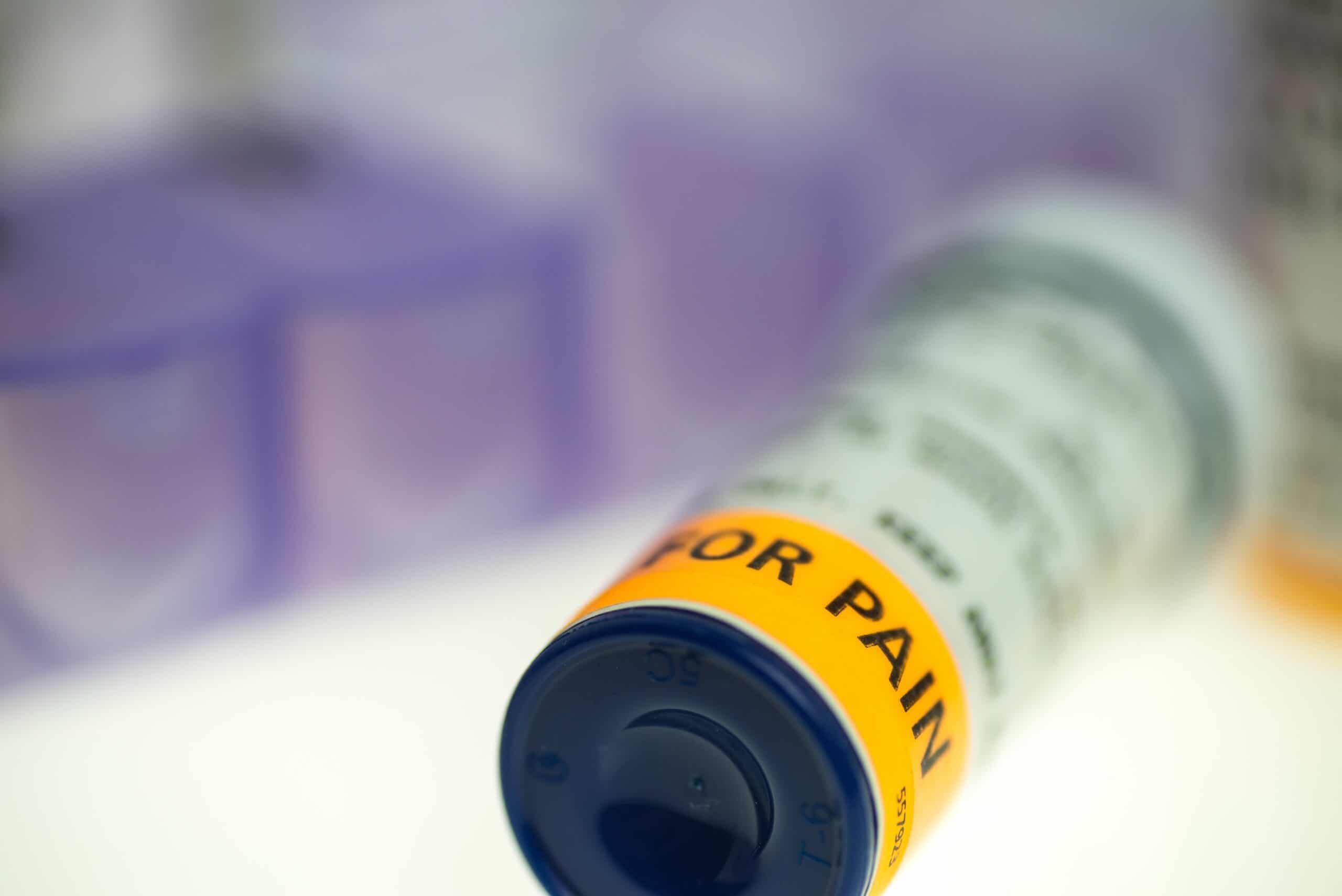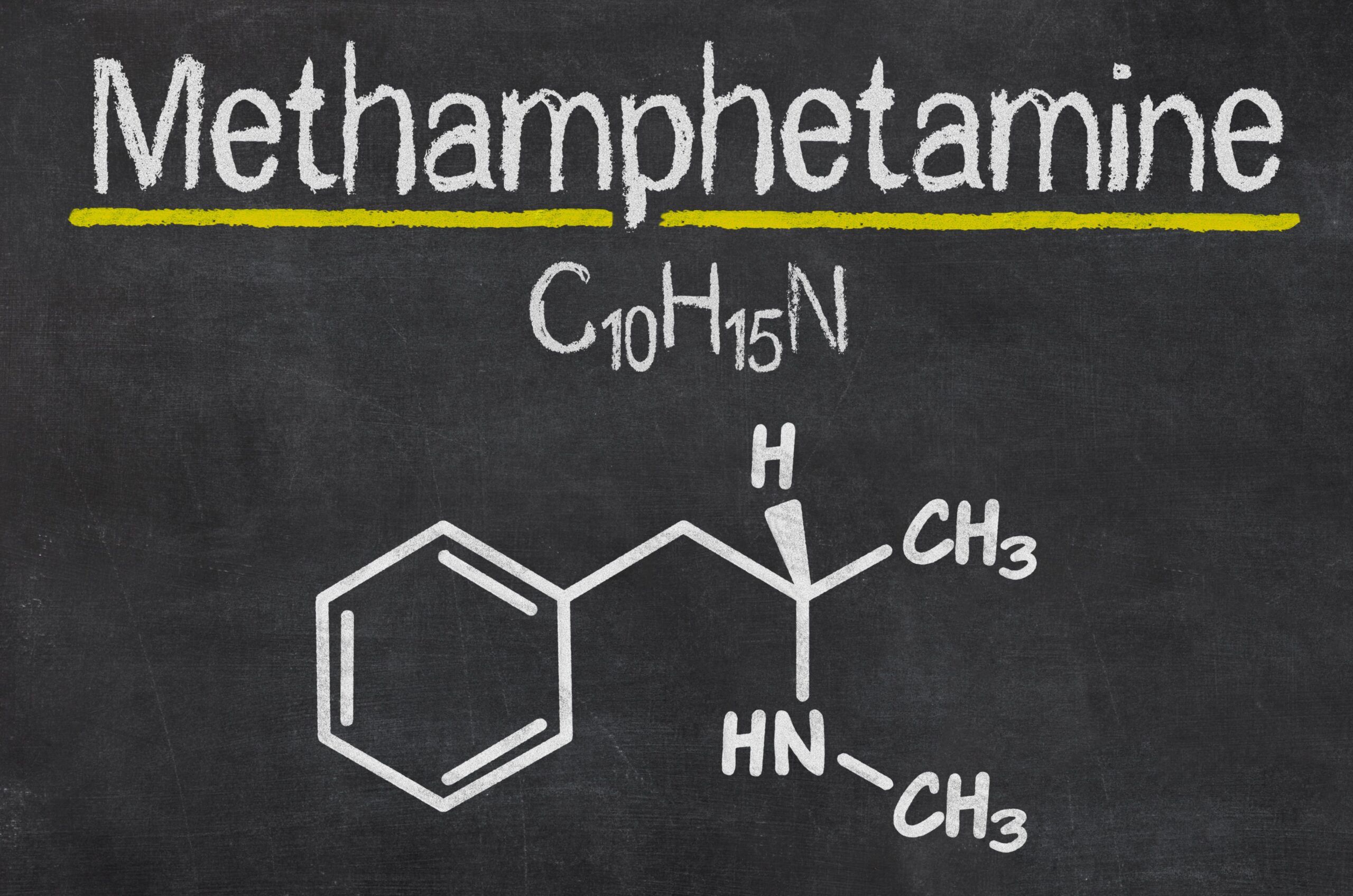Signs of Enabling a Loved One’s Addiction
How to Truly Help a Loved One Struggling With Addiction
Supporting a loved one battling addiction is one of the most challenging journeys anyone can face. Often, family and friends don’t realize that their well-meaning actions may actually perpetuate the cycle of substance abuse. This pattern—known as enabling—can delay recovery and take a serious toll on everyone involved.
Understanding how to recognize and stop enabling behaviors is essential. By learning to set healthy boundaries and encouraging professional help, you can make a positive difference in your loved one’s recovery journey—and protect your own well-being along the way.
Recognizing When Your Loved One Needs Help
Addiction rarely exists in isolation—it affects the entire family. Unfortunately, enabling only prolongs suffering for both the person using substances and those around them.
Signs your loved one may need professional addiction treatment include:
- Sudden mood swings or personality changes
- Decline in physical health or appearance
- Withdrawing from responsibilities or relationships
- Financial or legal troubles
Rehabilitation programs can provide a structured environment where your loved one can begin to heal. Early intervention can shorten the path of self-destruction and open the door to long-term recovery.
The Importance of Detox and Compassionate Intervention
Approaching someone about their substance use is never easy. Fear of conflict or rejection often holds family members back. But addiction thrives in silence.
Keep in mind: many individuals battling substance abuse already carry immense shame and guilt. A gentle, compassionate approach is far more likely to encourage them to accept help than anger or ultimatums.
Detoxification, the first step in most recovery programs, allows the body to safely rid itself of drugs and alcohol under medical supervision. Supporting your loved one in seeking detox can be the turning point toward a healthier life.
What Is Enabling?
Enabling involves actions—intentional or not—that protect someone from the consequences of their addiction. Common examples include:
- Covering up mistakes or lying to others
- Giving financial assistance to avoid hardship
- Rescuing them from legal or social consequences
- Ignoring clear warning signs of substance misuse
While these behaviors may feel like acts of love, they often shield the individual from facing the reality of their situation—ultimately allowing the addiction to deepen.
The Signs You Might Be Enabling
You may be enabling if you:
✔️ Make excuses for your loved one’s behaviors
✔️ Bail them out of trouble (financially or otherwise)
✔️ Put their needs consistently above your own
✔️ Struggle to say “no” or set boundaries
Recognizing these patterns is the first step toward breaking free and creating healthier dynamics for everyone involved.
The Cost of Enabling: For Them and For You
Enabling not only harms your loved one but also erodes your own mental and emotional health. Constantly rescuing someone can lead to:
- Emotional burnout
- Anxiety and depression
- Strained relationships with other family members
- Financial hardship
By stepping back and letting your loved one experience the natural consequences of their actions, you empower them to make meaningful changes.
Practicing Tough Love and Healthy Boundaries
Boundaries aren’t about punishment—they’re about protection. For both you and your loved one, boundaries help define what is and isn’t acceptable.
Examples of healthy boundaries include:
🚫 Stopping financial support
🚫 Refusing to lie or cover up their behavior
🚫 Declining to bail them out of legal trouble
Instead of enabling, focus on supporting their recovery efforts by encouraging treatment and offering emotional support within clear limits.
Understanding Codependency
Codependency often exists alongside enabling. It occurs when one person sacrifices their own needs to care for someone else—usually at great emotional cost.
Signs of codependency:
- Fear of upsetting or abandoning the other person
- Constant worry about their behavior
- Difficulty expressing your own needs
- Feeling responsible for their happiness
Breaking free from codependency often requires support, therapy, and self-care practices.
Hope and Healing Are Possible
Addiction doesn’t just affect one person—it impacts entire families. The good news? Change is possible. By stopping enabling behaviors and encouraging professional help, you create space for healing and recovery on both sides.
At Lexington Addiction Center, we provide a compassionate and supportive environment where individuals can begin their journey to sobriety. Our team understands the complex dynamics of addiction and offers resources for families to heal as well.
📞 Call us today to learn how we can help your loved one take the first step toward a healthier, happier life.
Yes, Your Insurance Covers Detox and Rehab Treatment
Complete a free, confidential Verification of Benefits to learn more about what resources may be available to you.
 859-681-7823
859-681-7823










